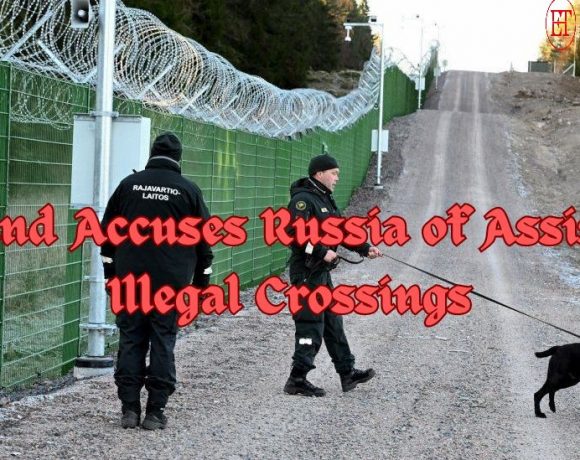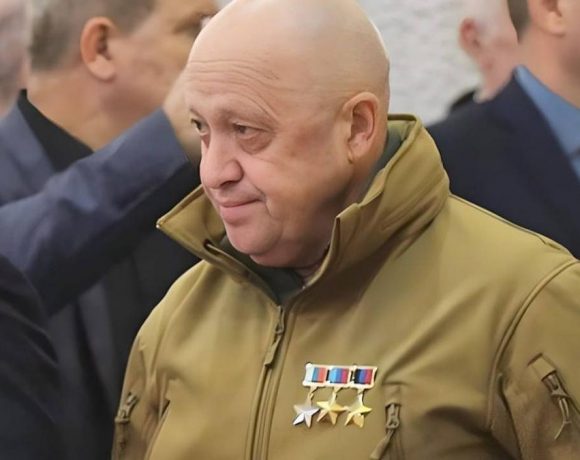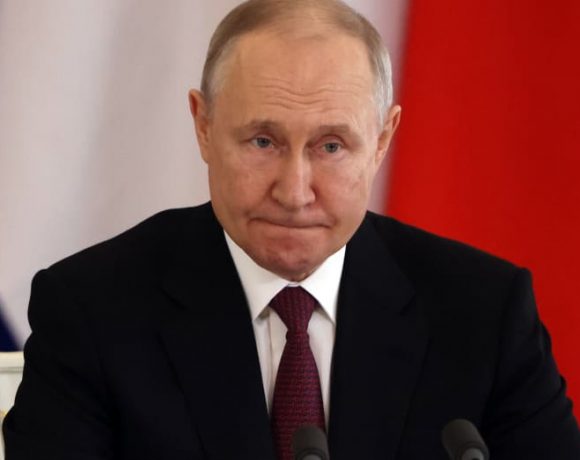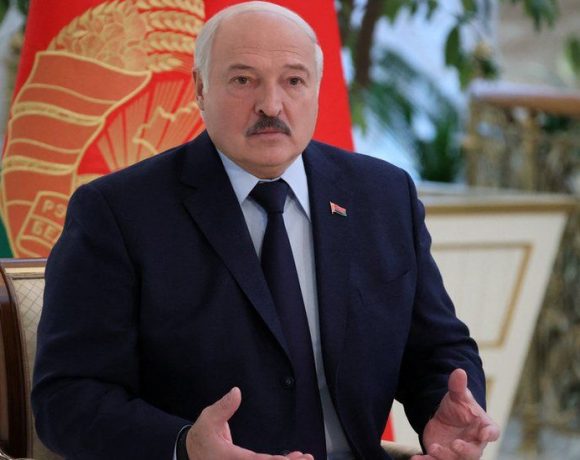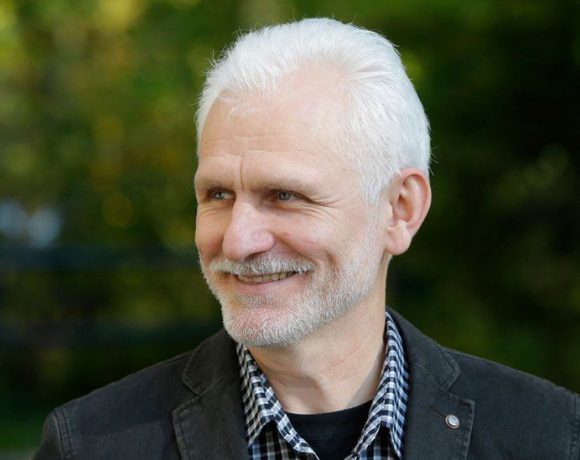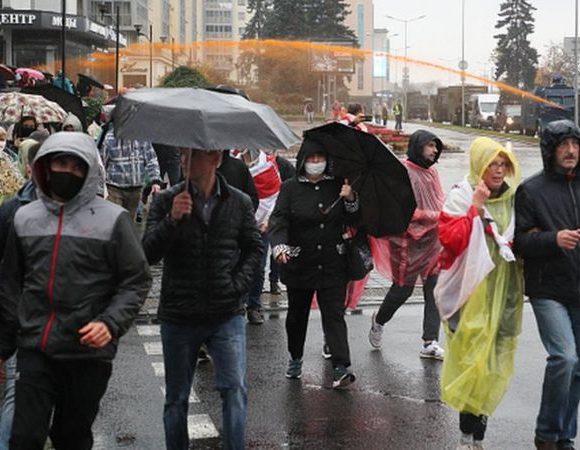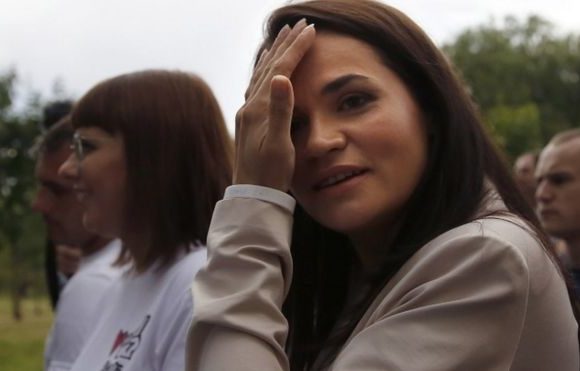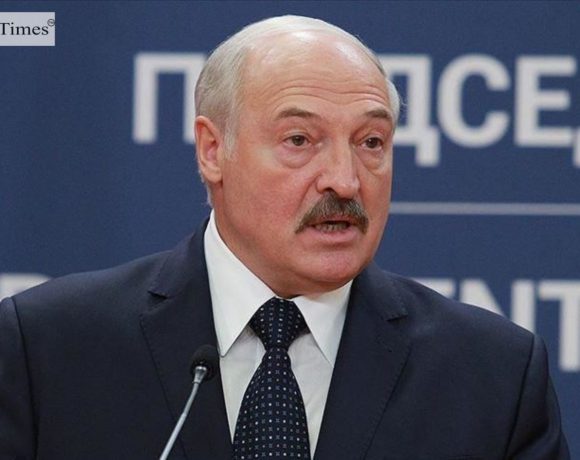
Belarus is set for a presidential election on Sunday, with five candidates appearing on the ballot. However, Alexander Lukashenko, who has ruled for 31 years, is assured of victory in what the exiled opposition has labeled a sham election. Opposition leaders have urged voters to reject all candidates as Lukashenko, 70, claims he is too focused on governance to campaign. Critics argue the election lacks genuine competition, as independent media is banned, and around 1,250 political prisoners remain detained, according to human rights groups.
Lukashenko’s tenure has been marked by protests and international condemnation, especially after mass demonstrations against alleged election fraud in 2020. Security forces cracked down on dissent, jailing opposition leaders or forcing them into exile. While recent prisoner releases suggest an attempt to mend ties with the West, opposition figures like Sviatlana Tsikhanouskaya say these moves are strategic, aiming to secure sanctions relief amid the ongoing Russia-Ukraine conflict.
As a close ally of Russian President Vladimir Putin, Lukashenko allowed Belarus to serve as a launchpad for Russia’s 2022 invasion of Ukraine. Analysts suggest that a potential end to the war could open opportunities for Lukashenko to balance relations between Russia and the West, as he has done in the past. However, exiled opposition leaders, including Ivan Kravtsov, admit to struggling to remain relevant as Belarusians prioritize survival over politics.
Pic Courtesy: google/ images are subject to copyright

